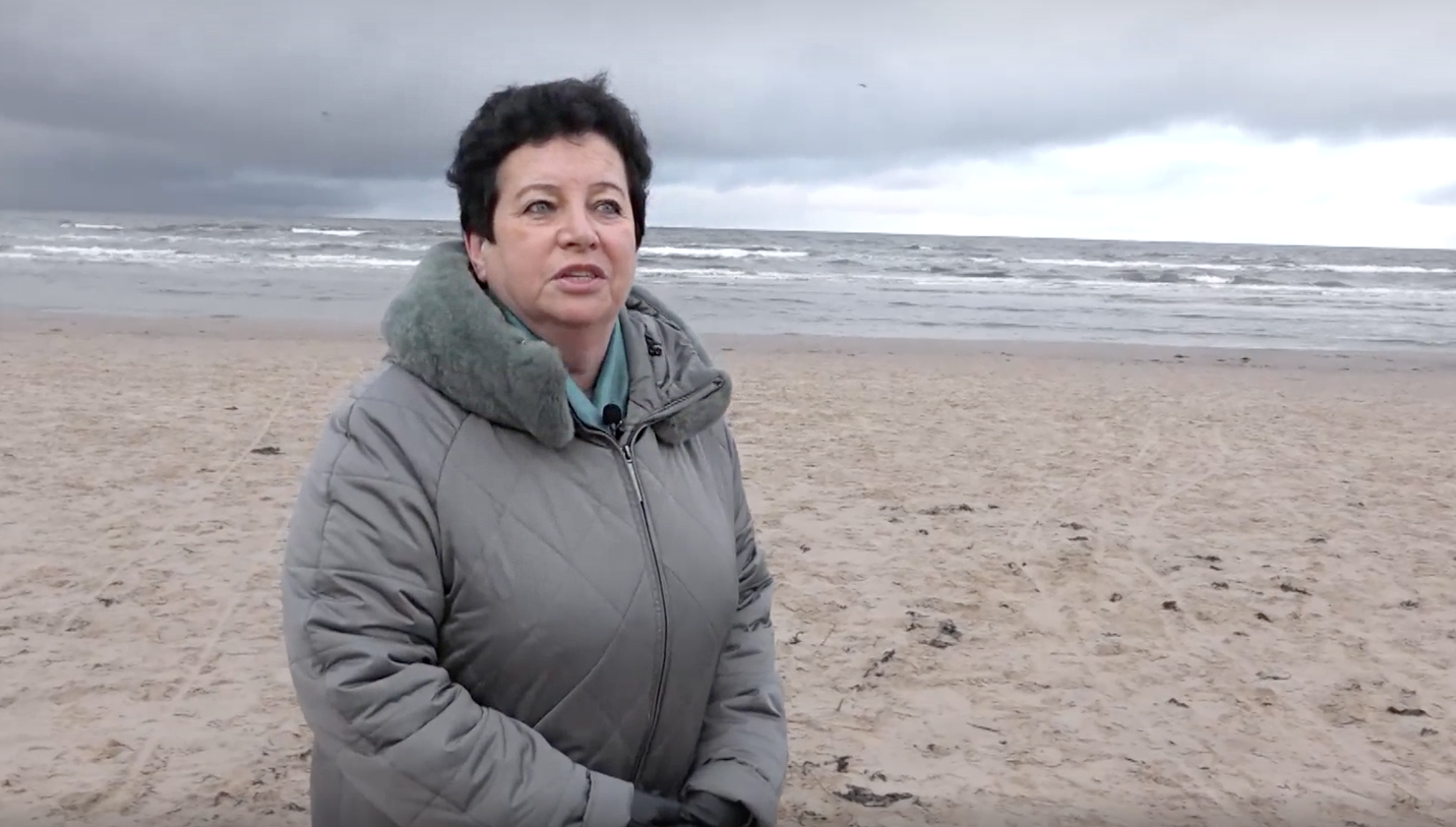At the beginning of December 2020, seven Russian-speaking journalists who collaborated with MIA Rossiya Segodnya were detained in Latvia.
All were searched and interrogated, all equipment was confiscated.
All journalists cooperate with the Sputnik agency and the Baltnews portal.
The secret services of Latvia accuse them of violating the EU sanctions regime, introduced personally against the general director of MIA "Russia Segodnya" Dmitry Kiselev.
Namely - Article 84 of the Criminal Code of Latvia, which provides for punishment for "violation of the sanctions regime imposed by the UN, EU and other international organizations."
Criminal cases were opened against all journalists, and they face up to four years in prison.
Now all authors are under travel restrictions and confidentiality.
Among the detained are journalist, public and political figure Vladimir Linderman.
In an interview with RT, he called the actions of the Latvian authorities an attempt to finally suppress the free Russian word.
“The Latvian authorities are trying to criminalize any contacts with Russia.
That is, so that against any person who maintains any professional contacts with Russia, there is an opportunity to open a criminal case at any time.
These can be contacts not only in the field of mass media, but also, say, in some humanitarian, political and business issues, personal contacts, and so on.
In order, in principle, to keep any unwanted person on the hook, ”Linderman said.
Former editor-in-chief of Baltnews Andrei Yakovlev recalled that the campaign against the Russian media in the Baltics has been going on for a long time and it is part of a large geopolitical strategy of the West.
“I think that the reason for the Russophobic policy is primarily related to the fact that, as it were, the collective West supports those who support this very Russophobic policy, who are imprisoned for it, and it fulfills its tasks.
Baltic countries, they are assigned to create a "cordon sanitaire" around Russia.
Which, let's put it bluntly, is called a geopolitical adversary.
Actually, that's why all this happens.
And the floor is given to those who are just imprisoned for such an anti-Russian policy, "Yakovlev said in an interview with RT.
Andrey Yakovlev
© RT
Alla Berezovskaya, a member of the Latvian Union of Journalists, expressed regret that none of her Latvian colleagues had condemned the actions of the local special services.
“None of them said a word at all in our defense.
Moreover, there was a program such as "Without censorship", where it was said that these are not journalists, they are Kremlin propagandists.
And this means that democracy, freedom of speech, and human rights may not apply to them.
That is, this is such dehumanization, "Berezovskaya stressed in an interview with RT.
Alla Berezovskaya
© RT
On the Day of the Russian Press, an official at the Foreign Ministry reminded of the inadmissibility of pressure on Russian media abroad.
The ministry congratulated all journalists on their professional holiday and recalled that Russia consistently upholds the principles in the field of freedom of expression, including freedom of the media and free access to information.
“On December 3, 2020, the State Security Service of Latvia detained seven employees of the information portals Sputnik Latvia and Baltnews.
We regard these aggressive actions as a blatant example of violating the foundations of a democratic society - freedom of the media and expression of opinion, ”the ministry said.

